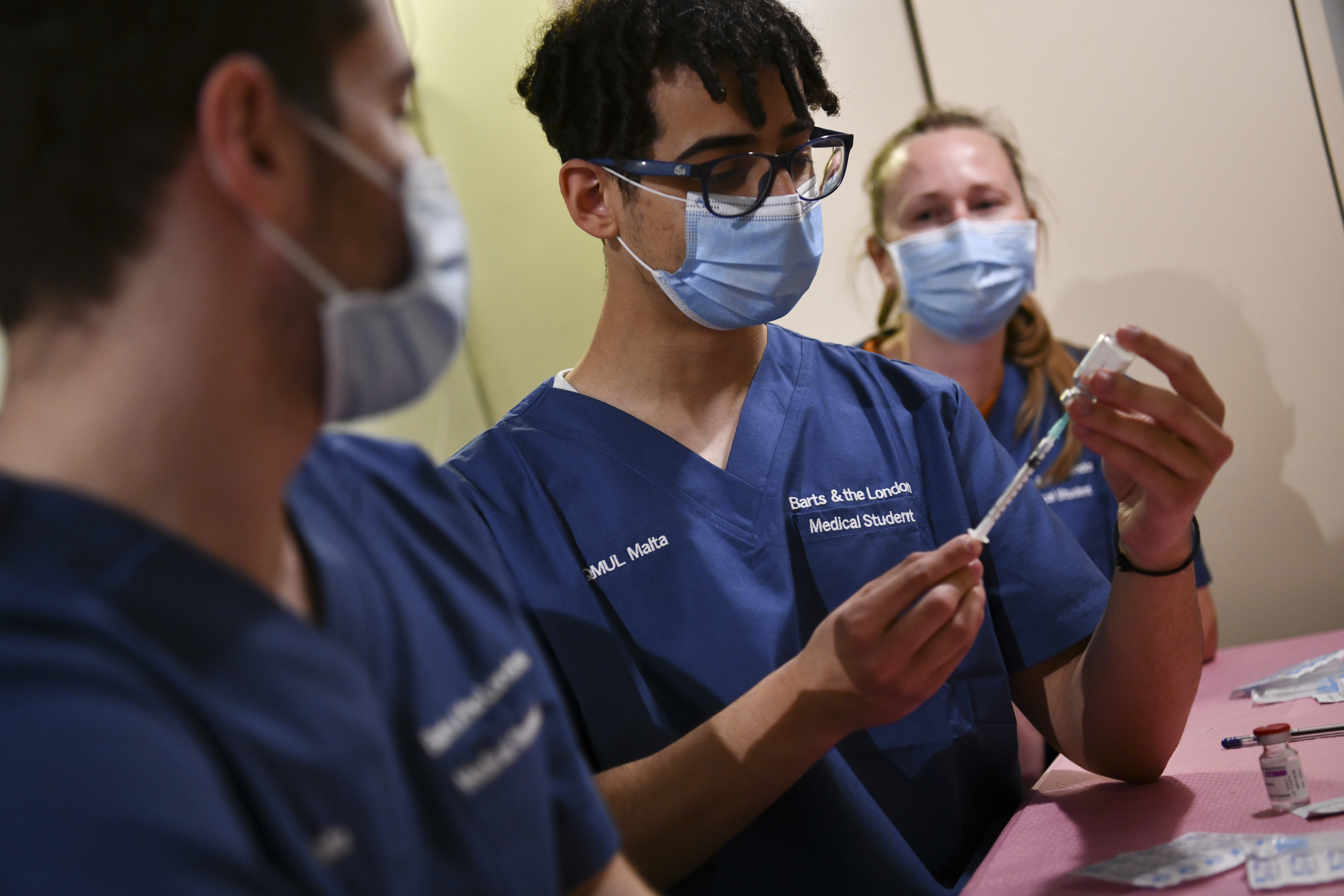When Jeremy Ng and Poppy Evans were given the chance to study medicine at Queen Mary University, they made a choice that would surprise many — opting for the university’s Malta campus over other London universities. Ng’s decision was driven by a mix of practicality and lifestyle.
“My main reason was the significant difference in tuition fees,” he says. “The cost of living and tuition fees in Malta were not only more economical but also structured in a manner that further benefited my financial situation.”
But Evans’s reasoning debunks any notion that an affordable choice compromises quality. The Malta campus offered something even more compelling: a close-knit learning environment where every question is heard and every student is truly known. “I believe that more focused and personal teaching (for instance when being able to ask questions in lectures) as well as the support on offer has been more accessible at the Malta campus than what I would have expected in London,” she says.
For medicine students, affordability, small class sizes, and very small group placements (usually two students per clinicians) can be game-changers, especially when the demands of rigorous training and hands-on learning are high. Throw Mediterranean charm and 300 sunny days per year into the mix, and students have a study abroad experience of a lifetime.

Source: Queen Mary University of London, Malta Campus
Though small in size, the island nation of Malta is rich in cultural heritage, from megalithic temples and medieval dungeons to baroque churches and rugged landscapes. Now, it’s even emerging as a leader in fields such as artificial intelligence, blockchain, and 21st-century healthcare. And where history meets innovation, relaxation somehow intertwines seamlessly with the pursuit of knowledge.
“’I came to Queen Mary Malta to study medicine by the beach,” says Mina Sadik. “The scenery here is stunning. You have the classic European houses and the incredible sunsets by the beach. Plus, the facilities are brand new and among the best in the world. What else could you ask for?”
The appeal of modernity is certainly evident at the Malta campus, with its medical school building opening its doors in October 2019. This four-storey, 8,100 square metre facility is strategically located adjacent to Gozo General Hospital. It features a state-of-the-art 140-seat auditorium, two lecture theatres that can be combined into a 120-seat space, two computer labs, and Clinical Skills Suite. These ensure a learning environment equipped for today’s medical education demands.
This state-of-the-art facility is the ideal setting for the MBBS (Bachelor of Medicine, Bachelor of Surgery) programme rooted in centuries of tradition. The GMC-accredited degree draws from Queen Mary’s Faculty of Medicine and Dentistry, which boasts Russell Group membership and a rich history that dates back to 1785.

MBBS students are taught in English by academic staff from Barts, as well as local clinicians. Source: Queen Mary University of London, Malta Campus
The five-year programme’s spiral curriculum was designed to build upon foundational knowledge, clinical skills, and professional attitudes essential for competent and compassionate Foundation Year 1 (FY1) doctors. It unfolds in three phases, revisiting and building upon essential medical concepts across the programme.
In Phase 1, students dive into the foundational sciences with modules covering everything from cell biology to the impact of social factors on health. They gain early exposure to clinical settings through placements in Malta’s major hospitals, including the Gozo General Hospital and St Vincent de Paul.
“The first two years are about teamwork,” says Dr. Robert Sciberras, Lead Clinican at Gozo General Hospital. “In the third and fourth you’ll begin to see patients and understand why they are on the ward. In the fifth year, you are almost ready to get out there and be put on the spot.”
As they move into Phase 2, students transition to more advanced hands-on clinical training in hospitals and community placements across Malta and Gozo. Year 3 focuses on general medicine and surgery, while Year 4 comprises specialised fields like obstetrics, paediatrics, and psychiatry. Throughout, students work alongside experienced clinical teams, honing their skills in patient care.
The final phase, Phase 3, is all about preparation for practice. Students immerse themselves in clinical and community placements, gaining firsthand experience in surgery, anaesthetics, and emergency medicine. By the end of their studies, they’ll have a clear picture of life as a doctor, whether they choose to stay in Malta or embark on their medical careers elsewhere.
It’s an intense, yet rewarding journey always pays off. With a 100% pass rate for the past three years, Queen Mary Malta’s MBBS programme consistently produces top-tier graduates. All of them are successfully completing their Foundation Year in the UK. To follow in their footsteps, learn more about Queen Mary University of London, Malta Campus today.
Follow Queen Mary University of London, Malta Campus on Facebook, Instagram, X, YouTube, and LinkedIn











